Colonial Continuities Biafraland and the Doppelganger of a Never Past
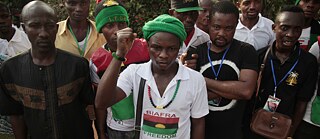
The upheavals and instability in many African countries are often linked with the legacy of colonialism. Richard Ali’s critical analysis of the situation in Nigeria not only points to other origins of the crises as well but also offers solutions.
“Of course, of course, but my point is that the only authentic identity for the African is the tribe,” (Odenigbo) said. “I am Nigerian because a white man created Nigeria and gave me that identity. I am black because the white man constructed black to be as different as possible from his white. But I was Igbo before the white man came,” says Chimamanda Ngozi Adichie in Half of a Yellow Sun.Nigeria - Britain’s colonial project and Africa’s most populous country with well over 200 million people, whose sheer energy gave us the urban nightmare that is Lagos and the immense foundry of dreams that is Nollywood, suffers a crisis that finds its roots in that collision with Europe a century ago. Europe’s impress lingers in the geographical and anthropological categories they created or emphasized, such as tribes and ideas about boundaries. Continent-wide, these lie at the root of the profusion of separatists battling formal states, led by men who take up the guise of revolutionaries and are anything but that. The newest of these, in my country’s context, is Biafraland.
A Vision Hijacked
Biafraland is rooted in the 2012 hijack of the earlier Movement for the Actualization of the Sovereign State of Biafra (MASSOB) by its London guerrilla radio station operator, Mazi Nnamdi Kanu (MNK). Naming his faction the Independent People of Biafra (IPOB), MNK continues to cultivate a cult of personality through vaguely Jewish symbolism and the image of an enfant terrible jingoist. Where MASSOB spoke of self-determination for an administrative unit created by the British, IPOB desires the supremacy of a tribal solidarity that did not exist before the Europeans arrived.Systemic Kleptocracy
When the war ended in 1970, a no-victor-no-vanquished policy was implemented which created a multi-ethnic elite united in stealing the country’s petrodollars while building systems of patronage. This elite involved all the ethnic groups in the country, cutting across the private, military and civil service. Today’s decay in quality of life and public services, the pervasiveness of official corruption, alongside the widening gap between rich and poor started in this period.The failure of Nigeria to live up to its potential is directly related to state plunder by an elite limited to ways of seeing themselves adopted from the colonial collision, one of competition and narrowness at the expense of collaboration and inclusion. Their pillaging of the common wealth necessitated creating ever narrow markers of identity, ever lower bars of achievement. Newer emphases were found to exclude fellow citizens and to justify cries of marginalization which gave this elite legitimacy in ever smaller subnational spaces. Here we find MNK and his Biafraland.
“When seen from these lenses, Biafraland and similar separatist movements, whether ethnic or religious or cultural, are in fact colonial continuities and not the disruptions they are packaged to be.”
When seen from these lenses, Biafraland and similar separatist movements, whether ethnic or religious or cultural, are in fact colonial continuities and not the disruptions they are packaged to be. Purveyors of these are not in fact revolutionaries but doppelgangers of a never past.
“If we are to be revolutionary, it must be by arming ourselves with the technologies of the present and the full understanding of ourselves—as African—found in the past.”
Solutions within the Continent
If we are to be revolutionary, it must be by arming ourselves with the technologies of the present and the full understanding of ourselves - as African - found in the past. But this cannot be the convenient past of recent slights sixty years old in a seven-thousand-year history.If these ancestors of ours did not recognise geographical or anthropological boundaries - why should we insist on these today? To be revolutionary just might be to realize that our ancestors did not think in terms of borders and neither should we, that all Africans are African and that the continent we should be working towards is a comity of diverse peoples of ancient, common ancestry inhabiting the world’s largest island. Not little petty fiefdoms based on confirming sealed colonial containers of language, geography and identity such as MNK’s Biafraland.
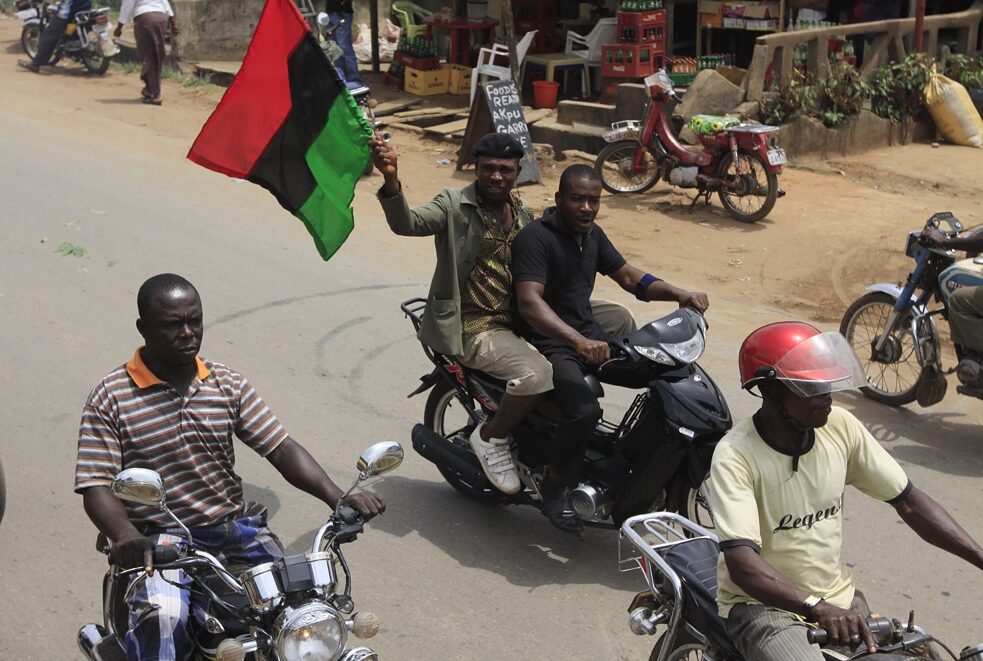
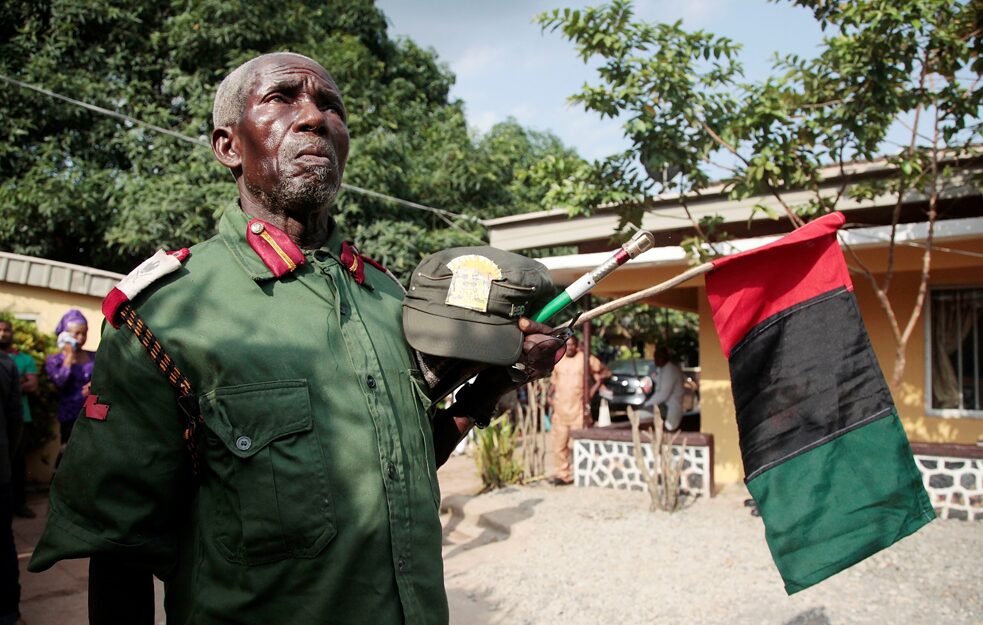
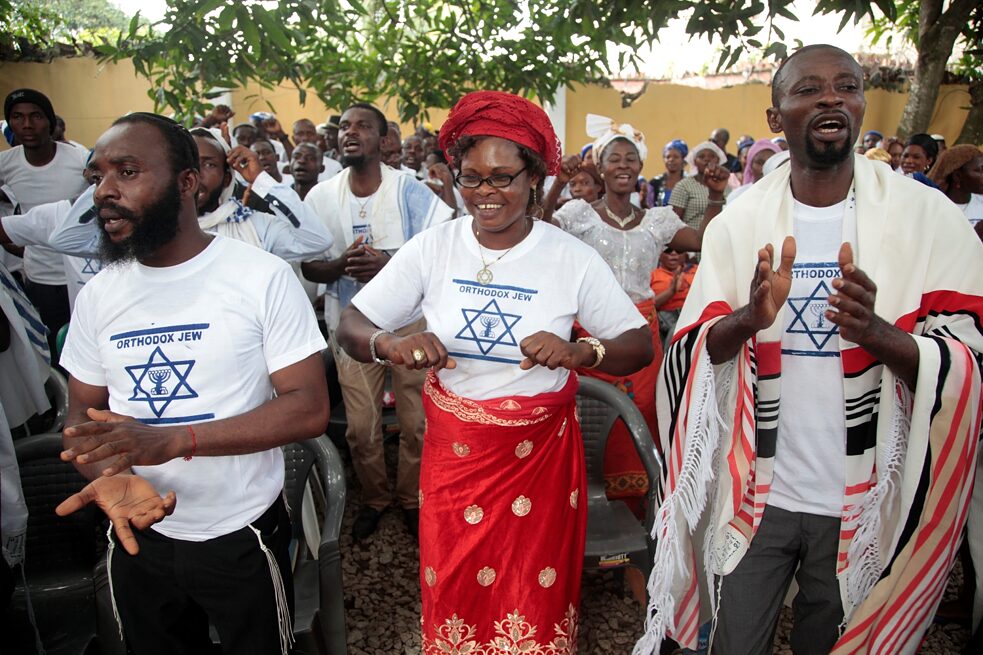
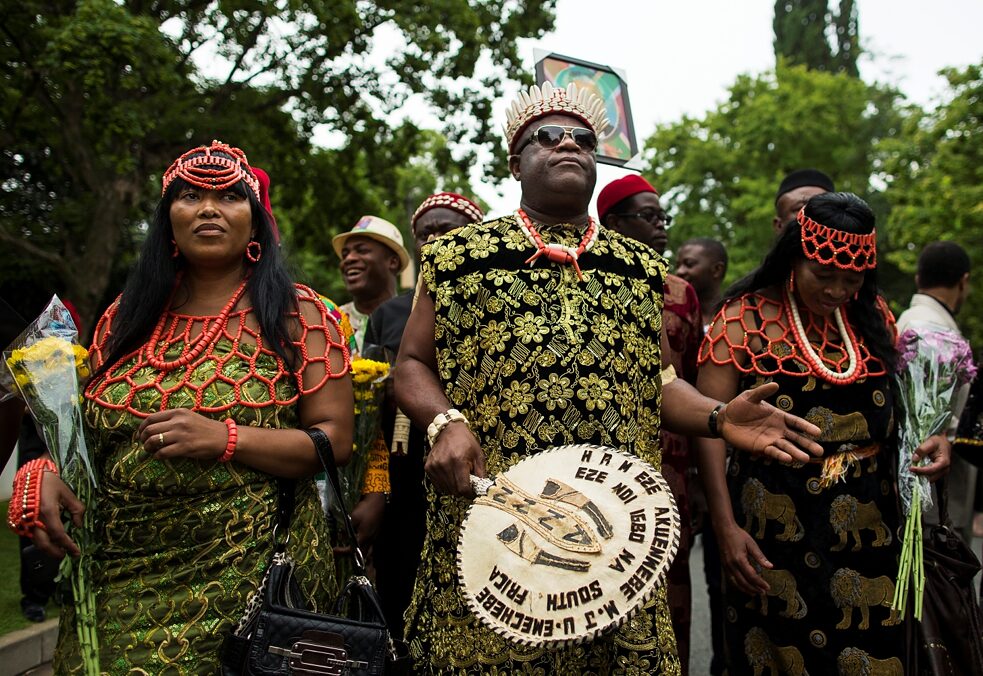
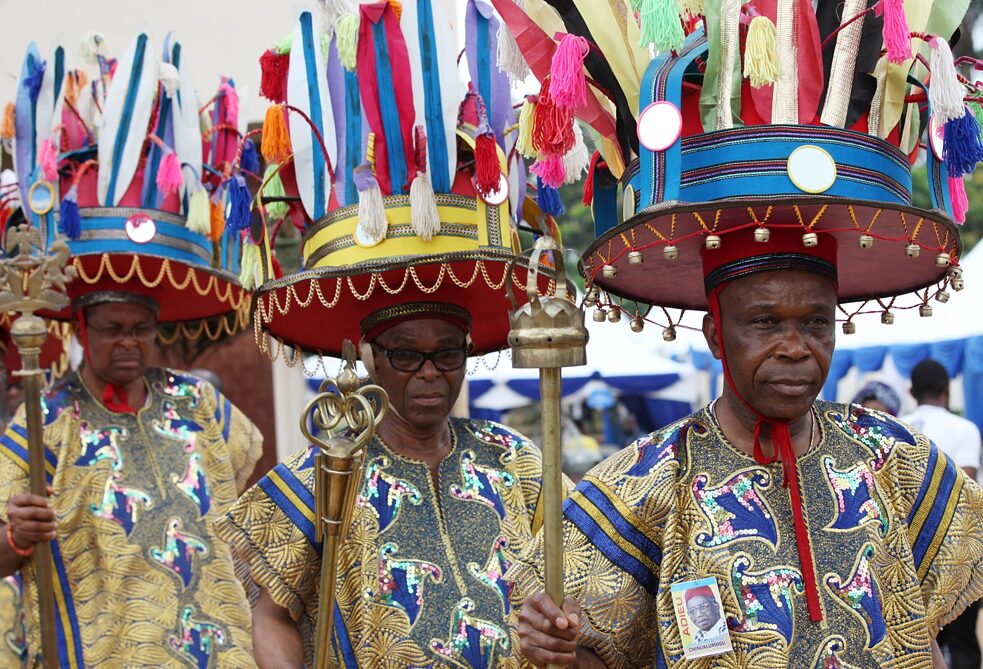
0 0 Comments